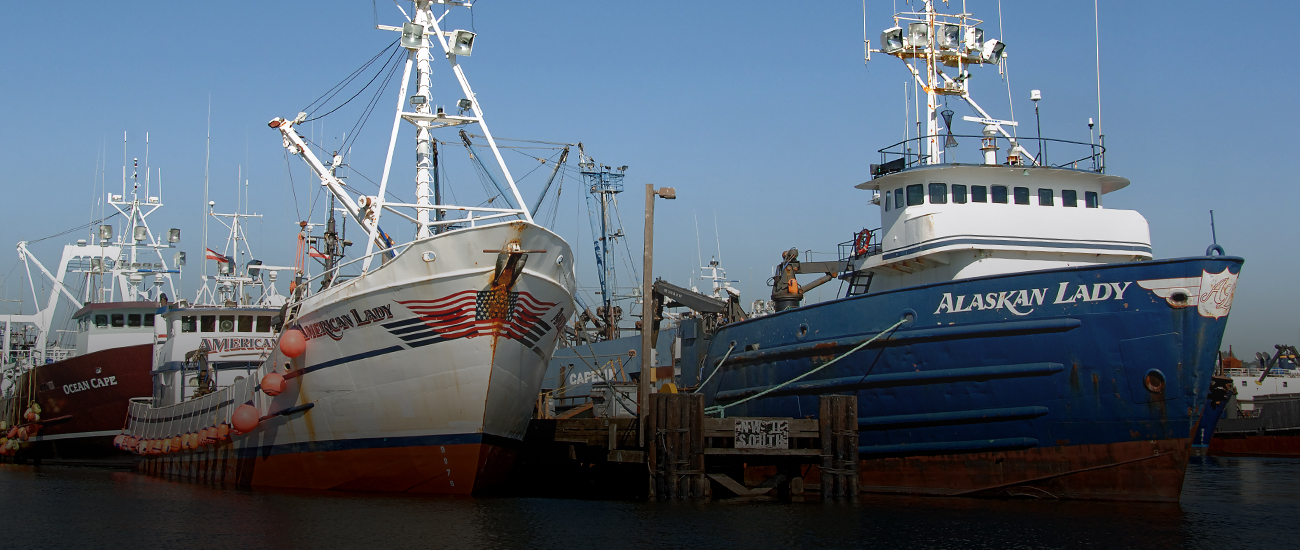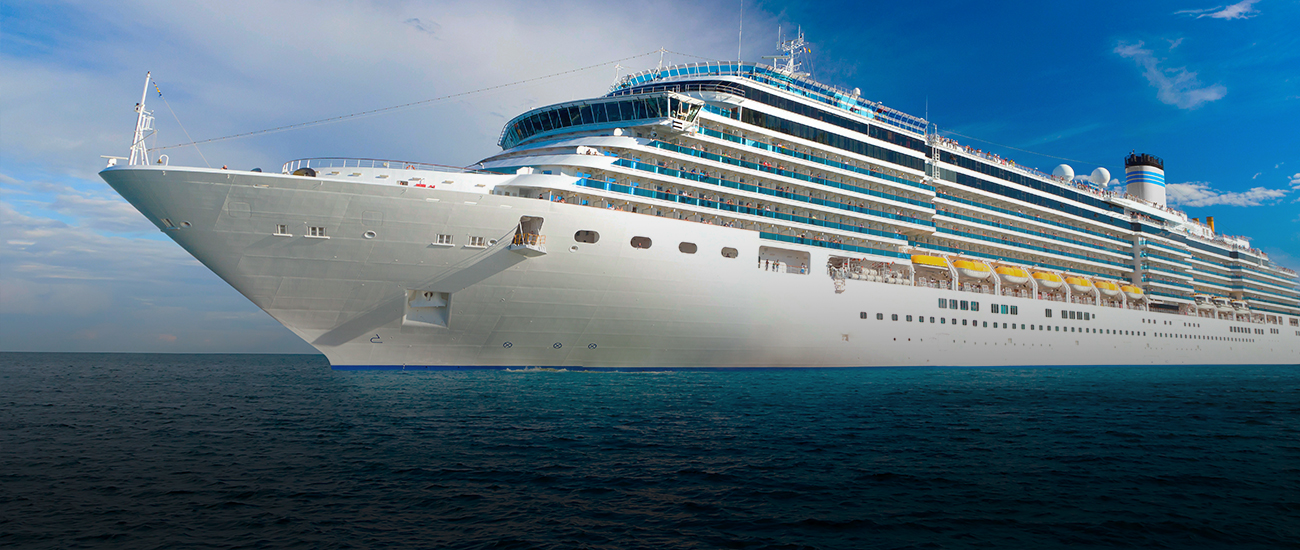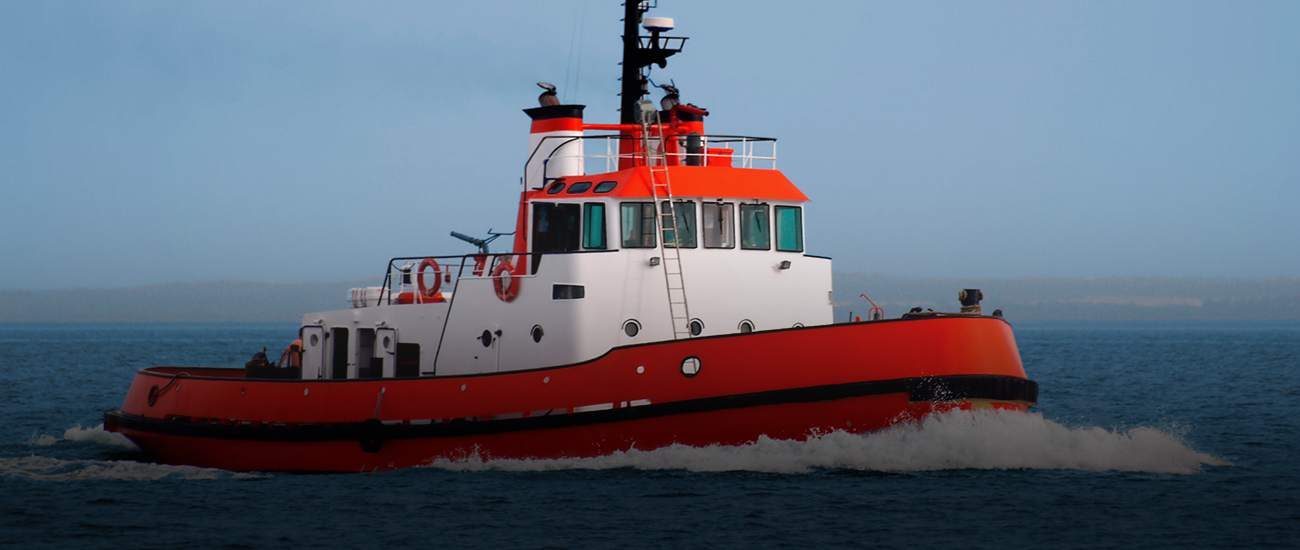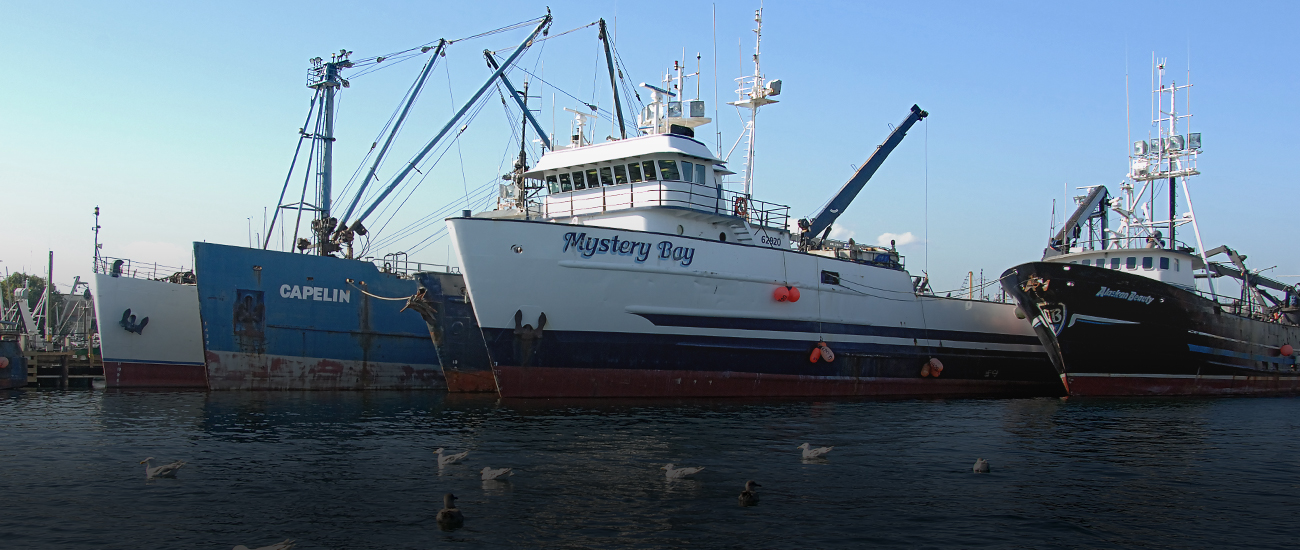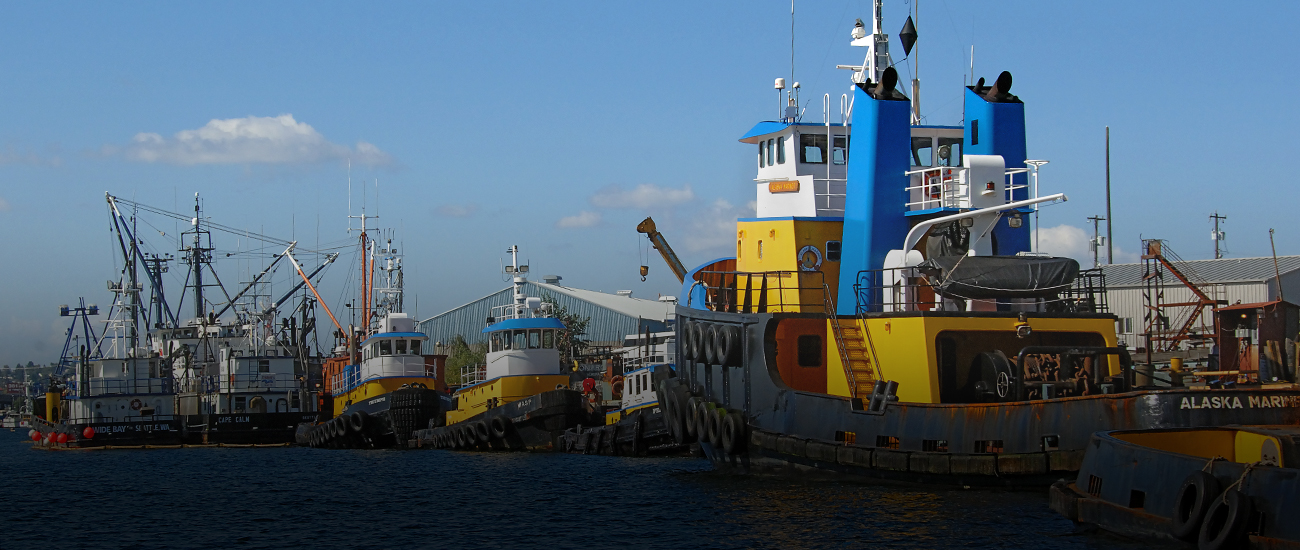Wrongful Death Attorneys
USA Maritime Attorneys Handling Crew and Passenger Cases Nationwide
Our Award-Winning Maritime Attorneys Can Personally Help You
At Maritime Attorneys USA, we are a nationally recognized law firm dedicated to protecting the rights of passengers and crew injured in cruise ship accidents. Our experienced maritime lawyers fight tirelessly to secure fair and just compensation for victims of maritime negligence.
With a strong presence and headquarters in Seattle and offices serving clients nationwide, we are uniquely positioned to handle cruise ship cases across all major U.S. ports. Our elite legal team, led by John Wheeler Merriam and Gordon Charles Webb, has built a reputation for excellence in handling complex maritime injury, Jones Act, passenger accident, wrongful death, and wage claims.
From the fishing grounds of Alaska to the ports of California, Florida, Maine, Massachusetts, Oregon, and Washington, our attorneys provide powerful, results-driven representation to clients across the United States.
With decades of experience and over 1,000 successful case resolutions, we combine unmatched legal expertise with firsthand shipboard experience, ensuring that we thoroughly understand the maritime industry. This unique perspective allows us to navigate the intricacies of maritime law with precision and deliver optimal outcomes for our clients.
Why Choose U.S. Maritime Attorneys?
- Proven Track Record – Decades of victories in maritime law, Jones Act claims, and cruise ship litigation.
- Nationwide Reach – Serving clients from coast to coast, wherever maritime accidents occur.
- Insider Perspective – Real-world shipboard knowledge gives us an edge in strategy and results.
- Client-Focused Advocacy – We fight tirelessly to protect seamen, passengers, and families affected by maritime injuries or deaths.
📞 Schedule your free consultation today and let our dedicated team of maritime lawyers fight for your rights and your recovery.
Recognition & Awards
- John Wheeler Merriam – Selected as a Super Lawyer, recognized for excellence and peer-reviewed professional achievement.
- Gordon Charles Webb – Named by the American Society of Legal Advocates as one of the Top 100 Litigation Lawyers in Washington State.
Protecting the Rights of Seamen, Passengers & Families Nationwide
Whether you are a seaman injured under the Jones Act, a passenger hurt aboard a cruise ship or ferry, or a family seeking justice after a wrongful death at sea, our attorneys have the knowledge, skill, and proven results to help.
👉 Contact Seattle USA Maritime Attorneys today for trusted legal representation in all areas of maritime law and admiralty litigation.
Nationwide Representation for Maritime Injuries
At USA Maritime Attorneys, we provide skilled, dedicated representation for nearly anyone injured while working or traveling on the water. Our clients include:
- Cruise ship passengers
- Pleasure boaters
- Tug and barge crew members
- Ferry workers
- Oil rig workers
- Seafood processors
- Commercial fishermen
- Merchant seamen
- Military Sea-Lift Command sailors
- And many others across the maritime industry
From the Gulf of Alaska and the Bering Sea to the Caribbean and the Gulf of Mexico, our attorneys have successfully handled Jones Act claims, maritime injury cases, and passenger accident lawsuits originating from ports and waters across the globe.
No matter who you are, where you work, or how you were injured, our legal team is committed to standing by your side. We take the time to understand your unique needs and aggressively pursue the maximum compensation you are entitled to under maritime law.
Cruise Ship Injuries
A cruise should be a relaxing and enjoyable experience — not one that ends with serious injuries. Unfortunately, cruise ship accidents can and do happen. Common causes include:
- Injuries caused by ship equipment, such as automatic doors & elevator doors
- Burn injuries caused by defective equipment
- Slip and falls on wet or slippery decks
- Negligence by crew members
- Sexual Assaults or misconduct by crew
- Medical negligence by the ship’s doctor
- Injuries during shore excursions
If you are injured as a passenger, your claim is governed by maritime law, not state personal injury law. Under general maritime law, cruise lines and their crew members must exercise reasonable care under the circumstances. When they fail to do so, they may be held liable for your injuries.
To succeed in a claim, you must show that a dangerous condition caused your injury the cruise line knew or should have known about, yet failed to correct. In cases of assault by crew members, the cruise line can even be held strictly liable for the harm caused.
At Seattle Maritime Attorneys, we have decades of experience handling cruise ship passenger injury claims and understand the complex rules that apply — whether your injury occurred on board, during a shore excursion, or under the care of the ship’s medical staff.
📞 Contact us today for a free consultation and let our experienced cruise ship injury lawyers fight for the compensation you deserve.
State Ferry Injuries
Ferry Worker Injuries – Jones Act Protection
Ferry workers are considered seamen under federal maritime law and are protected by the Jones Act. This law allows injured ferry workers to sue their employer for negligence and recover damages if the negligence of the crew, owner, or captain caused the injury.
Under the Jones Act, injured ferry workers may be entitled to compensation for:
- Medical expenses
- Lost wages and future earning capacity
- Pain and suffering
- Loss of enjoyment of life
Passenger Injuries on Ferries
Passengers on Washington State Ferries and Alaska Ferries are owed a duty of reasonable care by ferry operators and employees. If you are injured as a passenger because that duty was breached, you may be able to recover damages for your injuries.
At Seattle Maritime Attorneys, we understand the unique challenges of ferry accident cases and are committed to pursuing maximum compensation for workers and passengers alike.
📞 Contact us today for a free consultation to discuss your ferry injury claim.
Commercial Fishing Injuries
Commercial Fishing & Crabbing Injuries
Commercial fishing is one of the most dangerous jobs in America, and crabbing is among the riskiest of all. A national study revealed that crabbers and shellfish harvesters accounted for 226 of the 478 commercial fishing deaths (47%) between 1992 and 2008. These statistics underscore the extreme hazards faced by fishermen every day at sea.
At Seattle Maritime Attorneys, we represent injured fishermen and their families in all types of maritime accident and illness cases, including:
- Assaults and onboard violence
- Back and spinal injuries
- Processing plant injuries
- Amputations and crushing accidents
- Falls on deck or at the dock
- Head and traumatic brain injuries
- Man overboard incidents
- Accidents caused by dangerous or defective equipment
- Wrongful death claims
Your Rights Under Maritime Law
As a seaman injured in a commercial fishing accident, you are entitled to key remedies under maritime law, including:
- Maintenance (daily living expenses while recovering)
- Cure (medical treatment costs)
- Unearned wages (wages you would have earned during the voyage)
If your injuries were caused by an unsafe or unseaworthy vessel, you may also bring additional claims for:
- Pain and suffering
- Future lost wages and diminished earning capacity
These remedies go beyond basic maintenance, cure, and wages — helping you secure the full compensation you need to recover and rebuild your life.
At Seattle Maritime Attorneys, we have decades of experience fighting for commercial fishermen, crabbers, and seamen injured at sea.
📞 Contact us today for a free consultation to discuss your commercial fishing injury claim.
Tugboat and Barge Injuries
Tugboat and barge workers play a critical role in the maritime industry — but the work can be physically demanding and dangerous. Under the Jones Act and general maritime law, these workers are entitled to safe working conditions, reasonable hours, and proper compensation if they are injured.
Your Rights as a Tugboat or Barge Worker
If you suffer an injury on the job, you may be entitled to:
- Maintenance and cure — daily living expenses and medical treatment while you recover
- Damages under the Jones Act — compensation for injuries caused by your employer’s or crew’s negligence
- Compensation beyond union contract benefits — when unsafe working conditions or unseaworthy vessels cause your injuries
Common Causes of Tugboat & Barge Injuries
Tugboat and barge workers often face risks such as:
- Excessive working hours leading to fatigue
- Heavy lifting or repetitive motions causing long-term injuries
- Accidents involving heavy equipment or machinery
- Unsafe or poorly maintained vessels
When employers fail to provide a safe place to work or protect workers from dangerous conditions, they can and should be held accountable.
At Seattle Maritime Attorneys, we fight to ensure tugboat and barge workers receive the full compensation they deserve under maritime law.
📞 Contact us today for a free consultation if you’ve been injured while working on a tugboat or barge.
Pleasure Boat and Yacht Accidents
The United States’ coastlines offer some of the most beautiful boating waters in the world, attracting thousands of people each year. But even a day meant for recreation can quickly turn tragic when negligence leads to an accident. Passengers and crew aboard pleasure boats and yachts can suffer serious, even catastrophic, injuries.
At USA Maritime Attorneys, we represent individuals injured on private vessels, whether you were a crew member or a guest passenger.
Your Rights Depend on Your Role
- Crew Members – If you worked on a yacht or pleasure boat, you may qualify as a seaman under the Jones Act, giving you the right to pursue compensation for injuries caused by your employer’s or vessel owner’s negligence.
- Passengers – If you were a guest on a pleasure boat or yacht, your case is handled similarly to a cruise ship passenger injury claim, where operators must provide reasonable care to protect you from harm.
Why Choose Us as Your Attorneys?
Our team has decades of experience handling boating and maritime injury claims. We understand the unique rules that apply to passenger claims, crew member rights, and Jones Act protections — and we fight to ensure our clients receive the maximum compensation available under maritime law.
📞 Contact us today for a free consultation if you or a loved one has been injured on a yacht or pleasure boat.
Merchant Seamen Injuries
Injured Merchant Seamen – Your Right to Compensation
If a workplace accident threatens your livelihood, you should not be left to shoulder the financial burden alone. Merchant seamen injured on the job may be entitled to significant compensation under the Jones Act and federal maritime law.
Maintenance & Cure – Your Basic Rights
Injured seamen are guaranteed maintenance and cure, regardless of fault:
- Maintenance – A daily living stipend that covers food and housing costs you would have received onboard.
- Cure – Full payment of your medical expenses until you reach maximum medical improvement (the point at which you have healed as much as possible).
- Unearned Wages – Compensation for the wages you would have earned under your contract for the remainder of the voyage or work period.
Beyond Union Contracts
While a union contract may specify a set rate of maintenance, under certain circumstances you may be entitled to more than the contractual amount, along with additional compensation for losses such as:
- Lost future earning capacity
- Pain and suffering
- Loss of enjoyment of life
At USA Maritime Attorneys, we have decades of experience standing up for merchant seamen. We know how to challenge employers and vessel owners when they fail to provide fair compensation, and we fight to ensure you receive the full benefits and damages the law allows.
📞 Contact us today for a free consultation to learn more about your rights under the Jones Act and maritime law.
Maritime Wage Claims
Unpaid Wages for Fishermen & Seamen
Maritime employers too often fail to pay commercial fishermen and other seamen the full wages they have earned. When you work hard at sea to make a living, you deserve to be paid fairly — and the law provides remedies when employers withhold pay.
Your Rights in Wage Claims
- Once a catch is sold, you may have as little as six months to file a wage claim.
- If your claim is successful, you may be entitled to:
- The wages that were wrongfully withheld
- Penalty wages for the employer’s failure to pay on time
- The exact rules governing your claim depend on your classification as a seaman.
Complex Situations – Bankruptcy & Vessel Liens
When a shipowner or employer goes bankrupt or becomes insolvent, it may be necessary to:
- Enforce a maritime lien against the vessel, or
- Use other legal mechanisms to secure the wages you are owed.
Experienced Wage Claim Representation
At USA Maritime Attorneys, we have decades of experience representing fishermen and seamen in unpaid wage claims. We know the complexities of maritime wage law and fight aggressively to ensure our clients receive the compensation they worked so hard to earn.
📞 Contact us today for a free consultation to protect your rights and recover the wages you are entitled to.
Wrongful Death
The loss of a loved one at sea is shocking, overwhelming, and life-changing. In the midst of grief, families are often left vulnerable to employers, vessel owners, and insurance companies that may try to minimize payouts and avoid responsibility. At Maritime Attorneys USA, we stand beside families during these difficult times, ensuring their rights are protected.
Legal Remedies for Families
Wrongful death claims at sea are governed by federal maritime laws, including the Jones Act and the Death on the High Seas Act (DOHSA).
- Jones Act – Applies to seamen killed due to the negligence of their employer, captain, or crew. Surviving family members may recover damages for lost financial support and related losses.
- Death on the High Seas Act (DOHSA) – Applies when a death occurs on the high seas more than three nautical miles from U.S. shores due to neglect, a wrongful act, or default.
Under DOHSA, surviving family members — including a spouse, child, parent, or dependent relative — may recover compensation for pecuniary losses, such as financial support, services, and benefits lost due to the death.
Protecting Families, Pursuing Justice
These cases are complex, and the applicable law often depends on where the accident occurred. Our attorneys have decades of experience navigating these rules to secure justice for grieving families.
📞 Contact Seattle Maritime Attorneys today for a confidential, compassionate consultation. We are here to help your family pursue accountability and the compensation you deserve after a wrongful death at sea.
For Help, Contact Our Maritime Attorneys Today
You’ve been through enough — you shouldn’t have to battle complex legal issues, insurance companies, or uncooperative employers on your own. At Seattle Maritime Attorneys, we take that burden off your shoulders so you can focus on healing and rebuilding your life.
With over 65 years of combined experience, our attorneys have successfully represented maritime injury and wrongful death clients nationwide. Whether you’re a seaman, fisherman, passenger, or family member seeking justice, we have the skill, knowledge, and dedication to fight for your rights.
📞 Call us today for a free, no-obligation consultation with an experienced maritime lawyer:
- Nationwide Toll-Free: 877.800.1007
Or reach us anytime through our [secure online contact form].
Wherever you are in the United States, our Maritime Attorneys are here to help.
Our Articles
A cruise ship passenger is now dead following the crash of a sight-seeing plane that flew into the side of a mountain...
Read MoreAn Indonesian cruise ship crew member stands accused of physically and sexually assaulting a female passenger onboard...
Read MoreTwo young boys were pulled from a swimming pool aboard the Norwegian Cruise ship, Breakaway, and were listed as...
Read MoreClient Reviews
John has helped me get my pay. He REALLY went up to bat for me, I can't recommend him highly enough.
There are very few people I trust in this world but John Merriam is at the top of my list he not only is a man of outstanding character and morals as well as honest but he truly cares about his clients well being and situation…
I lost most of my vision from an accident at sea. Gordon handled my case with motivation and haste that I could imagine would have been the way he would have handled it if it had been him who was injured. I was ver impressed by how much he cared and especially his work ethic.
Gordon helped me and family get through a very hard time. I was severely injured, and Gordon was able to settle my case for more than i was hoping for. If anything else happens he will be the first person I call.
I very much appreciated the sense of urgency that Gordon Webb demonstrated as he handled my case. Emails and phone calls were returned almost instantly, questions were answered and solutions were offered. Gordon's firm came highly recommended and I am very pleased that I made the right choice to...
Contact Us
- 1 Free Consultation
- 2 No Fee if No Recovery
- 3 Evening & Weekend Appointments Available

